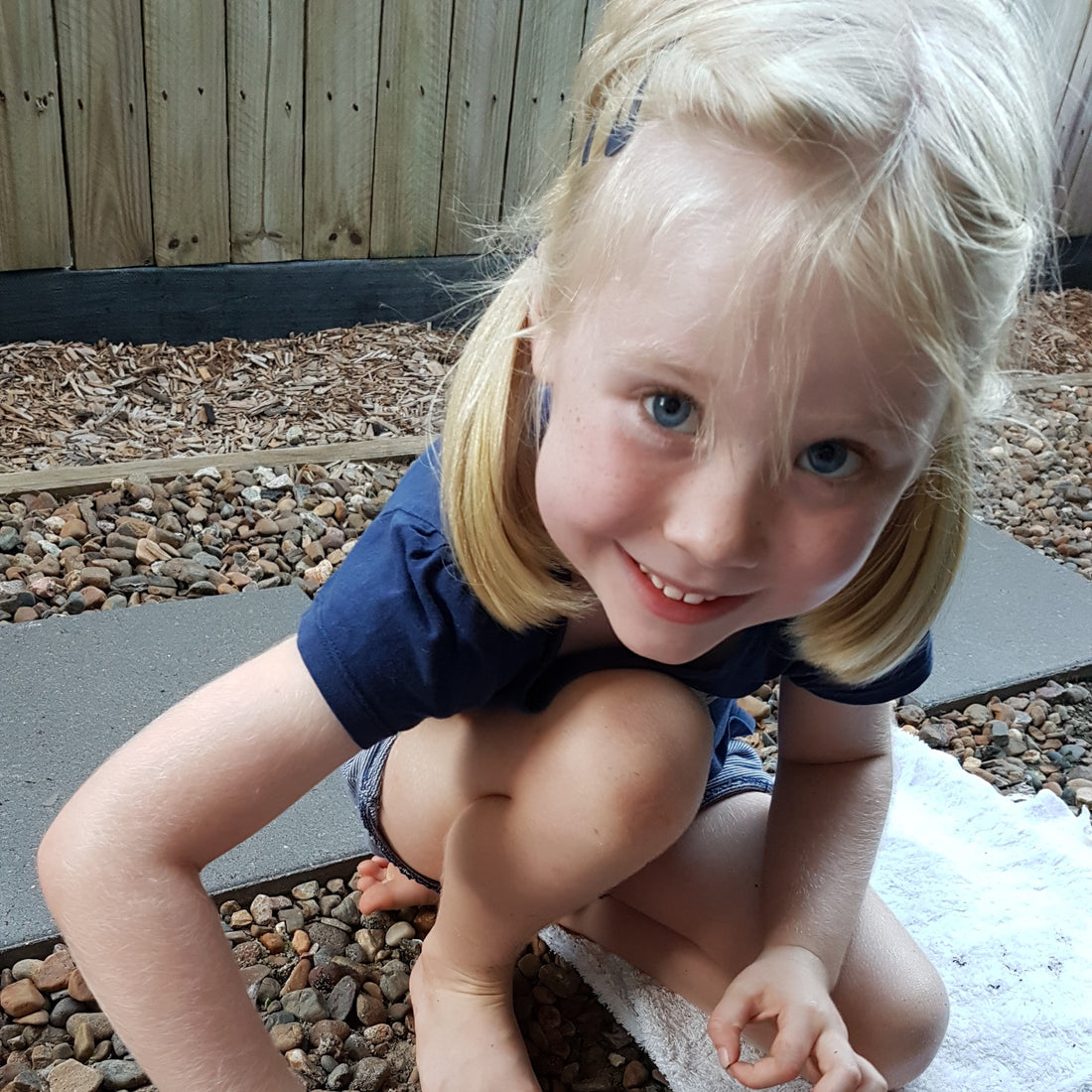
Why we love speech therapy
This year I had the eye-opening experience of trying Speech Therapy with Chloe for the first time, and oh my goodness I really didn't understand ALL that these amazing human beings can do 🙏
To quote the senior therapist and business owner of the practice we attend... she does SO much more than just 'fix lisps'...
"I am a champion of children, I believe in them, I will never give up and I will help them overcome whatever challenges they face; to become all they can be" ❤
Please don't underestimate the importance of communication... it's one of the most essential skills a child can learn. Communication is the essence of who we are and how we connect with others around us.
Although a good Speech Therapist can be expensive... the biggest commitment they will actually ask of you is your TIME! A good Speech Therapist will build upon YOUR skills so you can help your child at home.
Okay the MAIN AREAS you need to know about:
SPEECH - using the mouth and tongue to produce specific sounds and move onto being successful with using it in syllables, words, sentences and conversation.
LANGUAGE - is incredibly complex... broken into: 1) the understanding of what others say; 2) the ability to construct language; 3) the use of language. Language difficulties can look different at different ages, and include being late to talk or finding it harder to follow instructions or express themselves using clear sentences.
LITERACY - in Australia, pre-prep children need to get ready for prep (know all the letter names, be able to blend sounds into words, and speak well) and by the end of prep they are expected to be able to write a sentence and read a book. Struggling to learn to read, or to comprehend what is read, are indicators that something specific is holding the child back... and literacy delays can become evident at any age!
FLUENCY - stuttering can present itself at any age. It is strongly recommended to seek therapy at a young age, rather than waiting to see if a child will grow out of it. Children can have a range of different types of stutters: whole word repetition, syllable repetition, sound repetition or blocking.
OROMOTOR - children may struggle with oromotor skills if they have trouble with: smiling, kissing, blowing bubbles, blowing out candles, managing saliva, licking teeth and lips to get food, chewing and eating, closing and rounding lips for speaking, and managing air flow for swimming.
HIGH LEVEL LANGUAGE SKILLS - require children to go beyond the basics and critically analyse, reflect and interpret information.
AUDITORY PROCESSING - difficulties with auditory processing can impact on a child's learning and success as it refers to the ability to hear and process language in the presence of background noise or competing messages. Therapy involves specific desensitisation programs to help the separation of auditory information and focus on the key features to help them succeed.
MATHS - to succeed children need to have a strong understanding of complex maths words, phrases and symbols... as maths is more than just numbers, it's heavily language based. There are more concepts per sentence and paragraph than any other curriculum area. Children not only have to solve maths problems they also have to decide which strategy to use and explain how they solved them.
SOCIAL THINKING / SKILLS - an important part of communication... with some children struggling with all or just some specific aspects of social communication. Social rules change significantly as your child ages, and they need the skills to be able to identify and follow the hidden rules of the situations they find themselves in as they progress. They need to be able to understand others thinking and perspectives in order to develop successful relationships.
NON VERBAL COMMUNICATION - makes up 60-90% of the messages we give and receive all day. You can tell what is going to happen next in a classroom just by following a teachers eye gaze from the clock, to their hat and to the door. A child can be told not to do something many times without the use of words. Children with difficulties in this area will often not even look for these messages or interpret them incorrectly, leading to frustration, trouble and miscommunication.
But all of that aside... the biggest warm feeling I get from the interactions with our "Speechy"… is that together we are setting Chloe up with CONFIDENCE, especially in the higher years when learning goes from being explicit (learning goals are clearly outlined) to implicit (instructional tasks that do not provide specific guidance on what is to be learned from the task), AND setting her up to be less SOCIALLY VULNERABLE. I get this feeling we are dreaming of the "20 year old version" of Chloe and how she will feel about herself ❤

